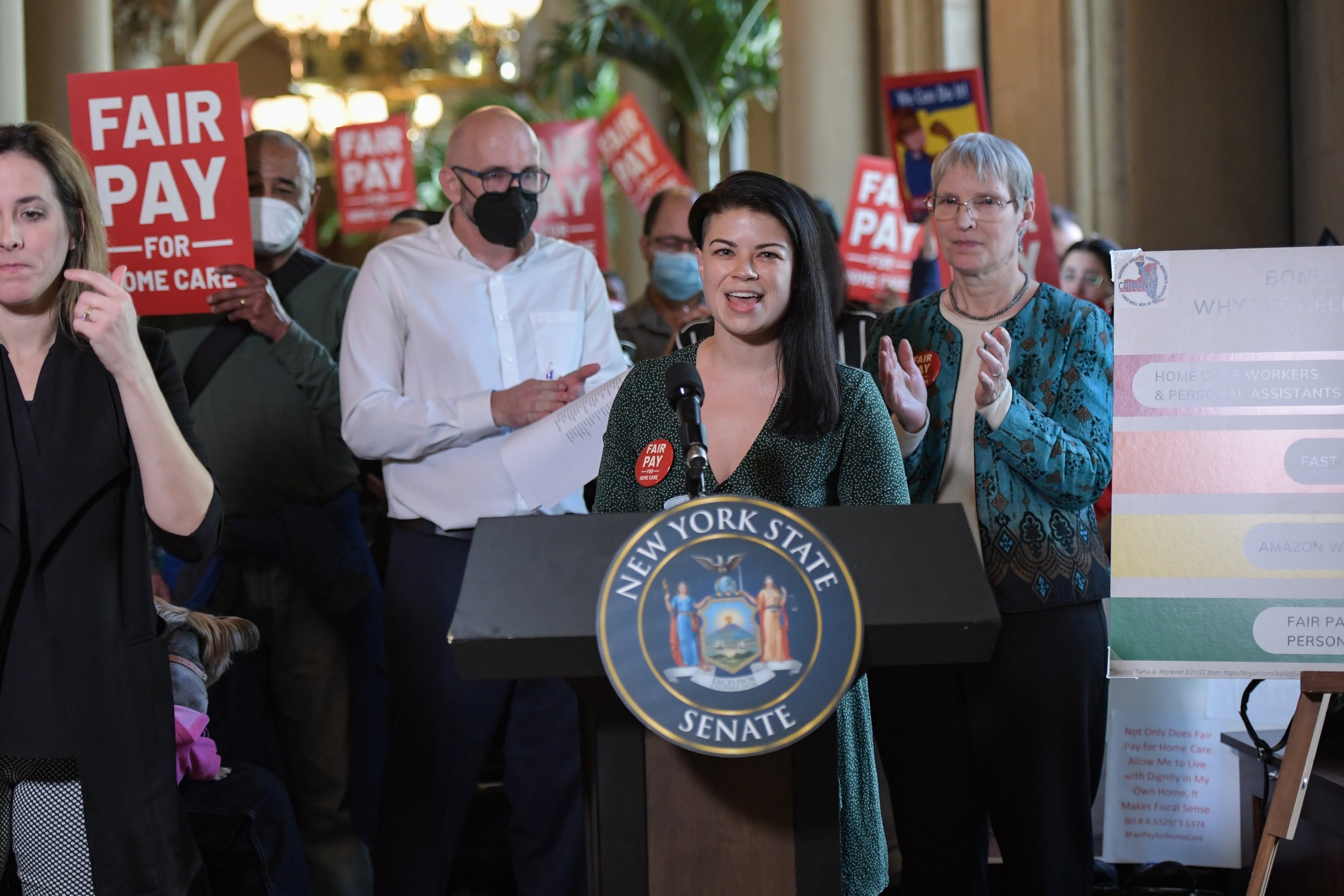The Impacts of Social Media Activism
Quarantine due to the past pandemic has caused most individuals to shift their work life, social life and self expression online. This has resulted in the recent rise of social media use, especially the upwards climb of social media activism and protesting.
The COVID-19 lockdowns that took place ensured that most individuals would have to stay home for extended periods of time. This drew many people to their phones, tablets and computers to get a glimpse of what was happening in the world. During the peak of the COVID-19 pandemic in 2020, social media usage in America increased by an approximate 10 minutes a day from the previous year, Statista.
Following the initial Coronavirus outbreak in America on Jan 21st, 2020, the death of George Floyd took place only months later, resulting in not only a lot of in person protesting and rioting, but also a surge in social media protests and activism taking place online. This was the first protest in the United States after the recent pandemic that really took over social media.
Social media was used in order to instantly share and repost the George Floyd story and information, among other tragic police killings. Everyone with internet access got to witness the horrible event that took place on May 25, 2020.
Although this may seem frightening to see taking over the internet, it also allowed people all over the world to see how crucial the protest and cause is. Following the large wave of social media activism in 2020, both individuals and communities took to the streets to state their opinions and protest.
Black Lives Matter (BLM) is a significant example of how social media can be a quick way to spread a message and get the community together. However, the question is, is social media a good tool for activism? Let’s weigh some pros and cons:
Why Social Media Activism is Positive
Social Media Increases Donations
By attracting donors and keeping them involved, social media is a great tool to attract donations for a good cause, Forbes. It is much more accessible now with online banking to donate through devices such as tablets, computers as well as phones!
Social Media Can Bring Awareness to an Issue
News and information can spread extremely fast on social media, giving individuals the opportunity to get informed about crucial issues quickly. This is extremely positive because it allows access to information all over the world.
Social Media Activism Allows the World to Hear Directly from Communities Facing Adversity
Social media influencers with a platform are able to speak out to the public and with a big audience, spread information and shed light on crucial topics that are not often spoken of. Laverne Cox is another perfect example of how social media activism can hold such great power while still working in person to create change. By rallying outside of the supreme court and protesting in person for LGBTQ+ rights and equality, Cox proves how social media is just a kick off to further create change.
Social Media can be used to bring people together
With such a large platform such as Instagram or Twitter, social media is an amazing tool for bringing together communities and like minded individuals. This is extremely useful for getting the word out about gatherings such as public speeches, protests and marches!
The Overall Cons of Social Media Activism
Social media encourages individuals to avoid consequences without a filter
In the long run, social media is demobilizing and allows advocates to spread their point of view and then distance themselves completely by simply turning off a device. This can cause serious problems because people are able to avoid consequences while releasing false or negative information.
An impactful and critical downside to social media activism is that these anonymous online communities allow people to be free of concerns and social restrictions to an individual's behavior. This results in activism with no fear or caution of social repercussions, Science Direct.
Technology allows for news and posts to spread fast, although it is usually unknown whether or not the sources are credible.
No one is monitoring or making sure everyone is safe online
Security and moderators can be needed tools in protesting to ensure peacefulness as well as the overall safety of the public. When it comes to activism through social media, no one is really able to be sure what is going on from individual to individual which can be both hazardous and can place protesters at risk – for example, in places like Russia.
Making a difference is not quick and easy
People often believe that resharing and using hashtags is the final step to making a difference. Although, this is more to it than sharing some posts, it can even be negative because people can be sharing incorrect news. This can lead to less activity overall due to the fact that individuals are just scratching the surface of the difference and change they are capable of making, yet they may feel like they did their job and are done now.
Why Social Media Activism Should Be Taken With a Grain of Salt (It Does Not Always Tell the Whole Story)
With limits such as word counts and community guidelines, platforms such as Tik Tok, Instagram and Twitter may not always allow people to share whatever information they please. This can cause negative effects because as the posts don’t go through fact checkers, it also monitors what can and cannot be said.
Social Media Activism is a great tool to begin with, but overall it can lead to misinformation.
Social media overall holds a great impact on society and gives individuals a way to connect and bond over causes and stories. As much as social media is known to be full of trolls, it is also filled with extremely smart and kind people, such as Lavern Cox, who are invested in making positive change with their platforms.
Granting all of this, social media activism should not be used as a main source of justice as it does not often implement real long term change, but rather it is just a starting point.
The benefits of in person protesting, donating and volunteering outweigh online activism as they have been around way before technology and continue to make the largest impact!
Social media has its pros as well as its cons… but in order to make a real impact on social justice in America, individuals and communities need to step outside and speak up for what they believe in. Activism online does amazing things and is a great starting point, but to implement change that will stick, in person protesting, donating, volunteering, and voting are the right next tools.










